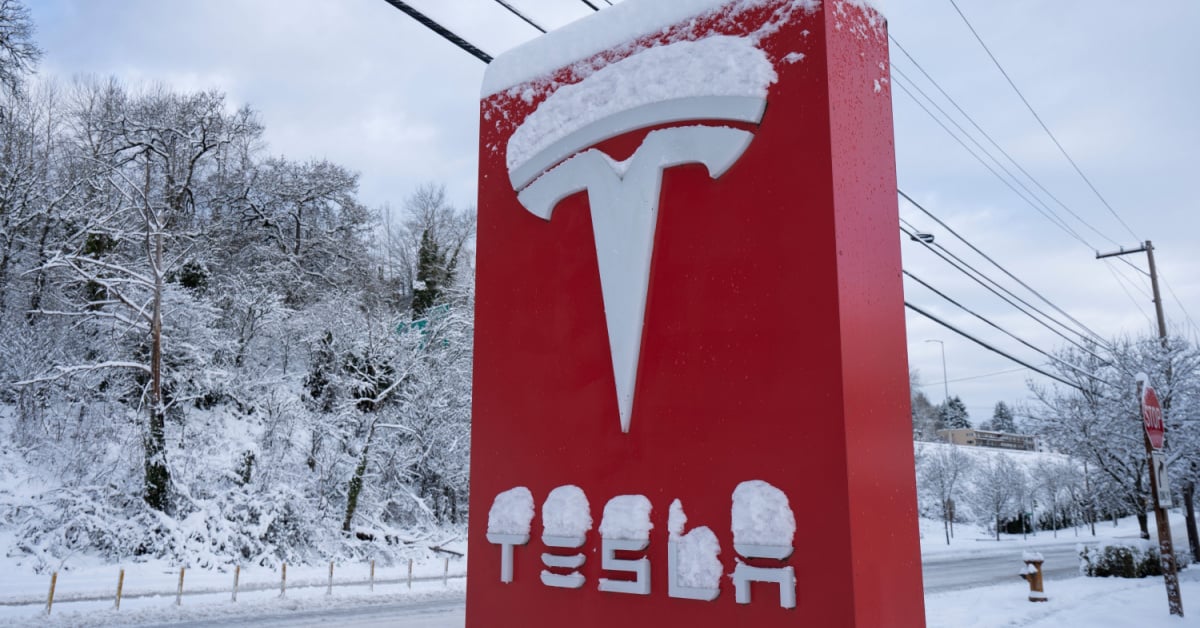I think the Harrys garage video gives a quite well balanced view of the situation in the UK. However , the reference to Bjorn Nylands videos, and results should be taken with some care. Firstly the sample of vehicles are small and that may not be a fair representation of all cars of those makes and models.
Secondly he is based in Norway, and as it was alluded to in Harry's video, the batteries do not do so well in temperature extremes, so again his results may be a fair representation of vehicles in Norway, but the figure are probably better in the UK climate.
Harry's views about the UK public charging network are I think justified. Public charging can cost 10 times what you might pay on a cheap rate scheme. That is hard to justify, and is one of the issues I would like to see the UK government tackle, along with payment methods rather than Apps.
I have always said that electrification of vehicles is only part of the climate change issue, but even though it might only be 7% of global emissions, because we can do it we should still do it, as every little bit helps.
Unless another strategy comes forward that can be implemented to reduce overall emissions, going to EV's is still the most practical present solution. And as it has already gained considerable traction its unlikely to be derailed any time soon.
The points I have made about the production of Hydrogen as a fuel still stand, and in almost similar proportions the same cost argument presently arises with synthetic fuels.
Insurance costs are too high, and as Harry pointed out, its the insurance industry that does not fully understand the nature of the beast, and it has be skewed becasue of the very high costs of the luxury vehicles that have been so relatively cost effective for companies and fleets to buy.
The whole EV experience is still in its infancy, it needs time to evolve and mature and be better understood by both the trade and the public .


